In 2024, the Project "Research, design, and manufacture of an autopilot for unmanned aerial vehicles (UAVs)" of the Air Defense - Air Force Technical Institute won first prize in the "Young Creativity" Award at the Military Service level and second prize in the Creative Youth Award in the Army.
The project helps to successfully manufacture an automatic control system for UAVs with outstanding features: Good anti-GPS interference ability, stable operation in complex environments; ensuring navigation accuracy thanks to a high-performance INS system with advanced algorithms; flexible countermeasures, ensuring safety and reliability for UAVs in complex, high-intensity electronic suppression environments.
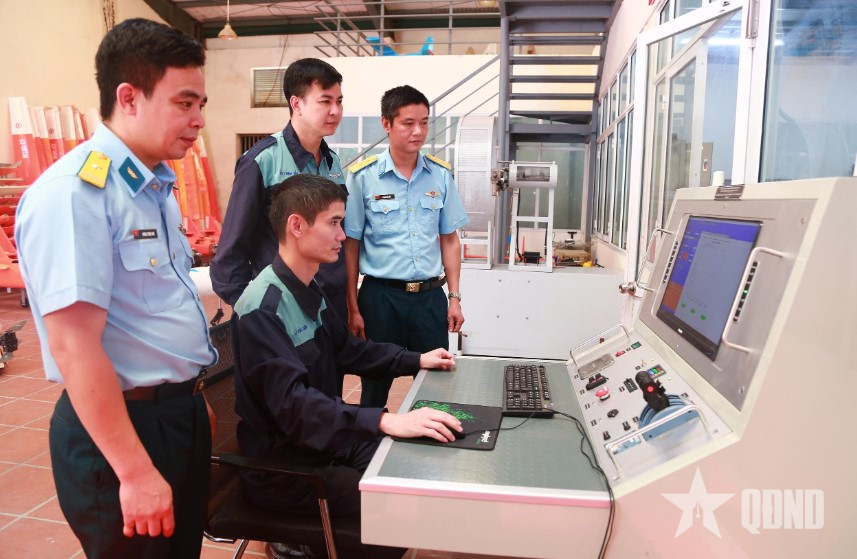 |
Officers and staff of the Air Defense - Air Force Technical Institute check the operation of the autopilot for unmanned aircraft. |
Major Vuong Trung Anh, researcher, Unmanned Aerial Vehicle Research Department, Air Defense - Air Force Technical Institute, project manager, said: Currently, UAVs are widely developed and applied, especially in the military field. Therefore, ensuring that UAVs operate stably and reliably in electronic warfare environments is extremely important. During the design process, the research team focused on solutions to enhance the ability to resist hardware system interference; research control algorithms to deal with electronic suppression situations.
Through many tests, especially at the recent UAV countermeasures exercise (TN-24) organized by the Ministry of National Defense , the autopilot automatically detected, processed and effectively responded to electronic suppression situations, helping the aircraft fly in cycles, overcoming dense, high-capacity suppression barriers of the electronic warfare force. The UAV completed its mission and returned, landing safely. Currently, the new generation autopilot has been mass-produced, applied in training and combat readiness of the Air Defense - Air Force Service.
This is just one of many topics and initiatives that have been successfully researched and effectively applied in practice by officers and staff of the Air Defense - Air Force Technical Institute. According to Senior Lieutenant Colonel Tran Thanh Son, Party Secretary and Political Commissar of the Air Defense - Air Force Technical Institute, in recent times, the Institute has applied mechanisms and policies to attract high-quality human resources; boldly appointed young and capable staff to key positions, built a friendly working environment with many development opportunities to retain high-quality human resources. At the same time, it has regularly paid attention and had many policies to support both materially and spiritually to encourage and motivate officers and staff to participate in scientific research. Currently, 95% of the Institute's research staff have a master's degree or higher, with nearly 20% having a doctorate.
To improve the quality of scientific research, the Air Defense - Air Force Technical Institute has developed a scientific and technological research orientation, considering this a top important solution, a basis for scientific research to develop in the right direction and achieve high efficiency. Currently, the Institute has completed the science and technology development plan until 2030 and the following years, focusing on researching the technical features, tactics and means of air fire attack of UAVs to design and manufacture equivalent fake targets for training and exercises; researching and mastering the technology of manufacturing various types of modules, single blocks and important systems to be proactive in material sources, moving towards self-sufficiency in technical assurance, limiting dependence on foreign manufacturers...
Colonel, Dr. Tran Ngoc Ha, Director of the Air Defense - Air Force Technical Institute said: “Along with human resource development, the Institute proactively proposes to increase investment in upgrading infrastructure, measuring and testing equipment in a modern and synchronous direction, creating a technical foundation to improve the quality of research, innovation and design, and testing of weapons and technical equipment. To keep up with the development speed of military science and technology and implement the orientation of “autonomy and modernity” in scientific research, the Institute promotes scientific research cooperation and technology transfer, taking advantage of the strengths of facilities and scientific and technological level of partners, creating a combined strength to successfully complete assigned tasks”.
With practical and effective solutions, over the past 5 years, the Air Defense - Air Force Technical Institute has implemented 12 projects, 82 topics and 8 science and technology tasks at all levels, more than 400 technical tasks have been put into use, contributing to solving difficulties in the conditions of existing weapons and equipment of the old and new Military Service being intertwined, prone to damage, and difficult to purchase and import.
Notable research projects include: RV-02 and RV3D radars; IFF-VN friend-foe identification system; equipment for testing, repairing, and evaluating the quality of the Su-30MK2 aircraft cockpit opening and closing system; 3D spherical flight simulation system for aircraft training; dynamic cockpits for military pilot training; objective testing equipment for aircraft; UAVs used as targets for air force interception and air defense forces firing live ammunition... The Institute's projects, topics, and scientific and technological tasks all focus on exploiting and mastering weapons and equipment, especially new and improved weapons and equipment, contributing to improving the quality of training, combat readiness, and airspace management of the Service in the new situation.
Article and photos: TRAN DUC LUU
Source: https://www.qdnd.vn/quoc-phong-an-ninh/xay-dung-quan-doi/vien-ky-thuat-phong-khong-khong-quan-chu-dong-sang-tao-nghien-cuu-khoa-hoc-831763


![[Photo] Prime Minister and his wife conclude official visit to Estonia](https://vphoto.vietnam.vn/thumb/1200x675/vietnam/resource/IMAGE/2025/6/10/c74a4dbd6a124565a6e0277f56b79217)










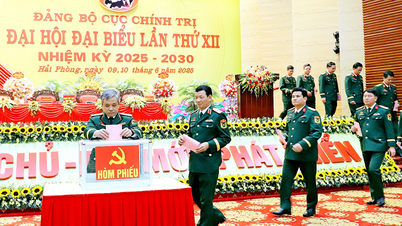




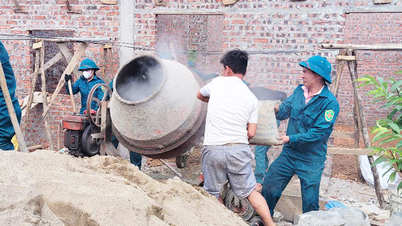
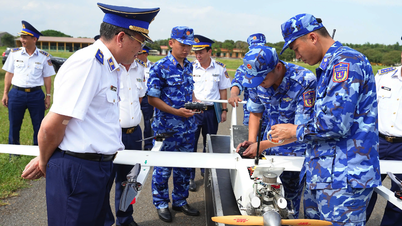
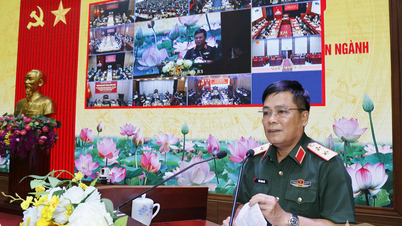
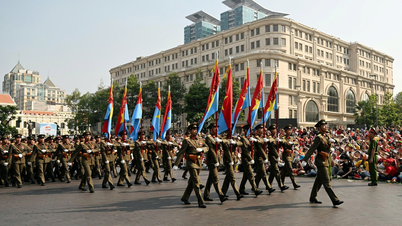
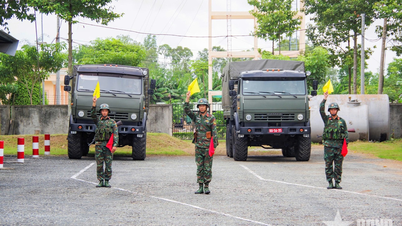






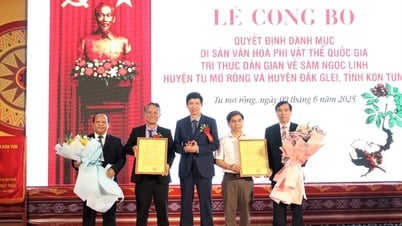










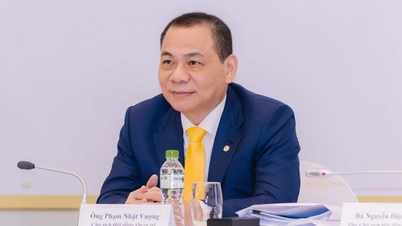




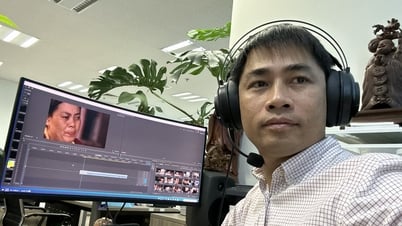




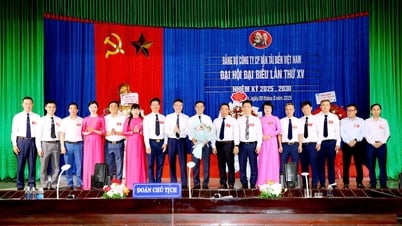
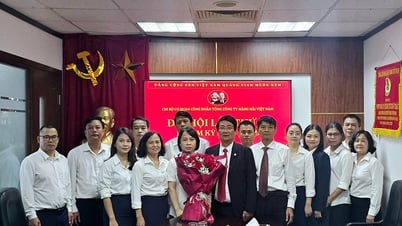







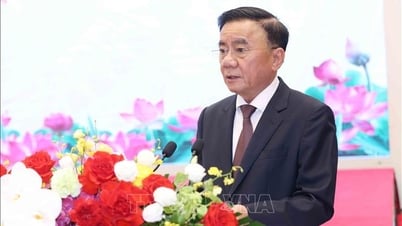

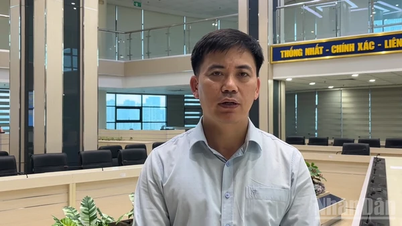

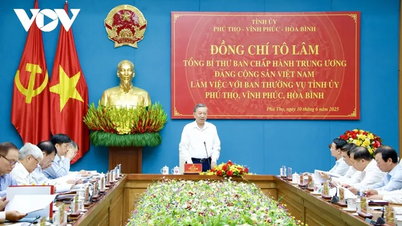






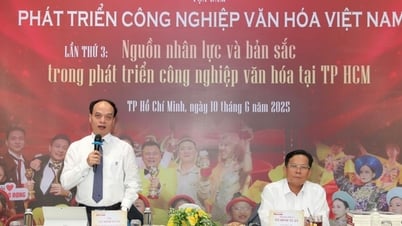
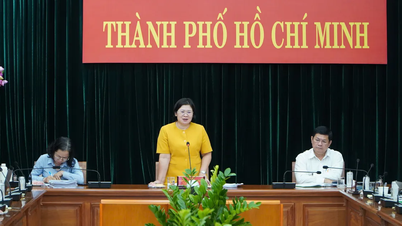




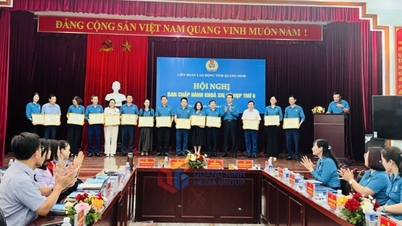

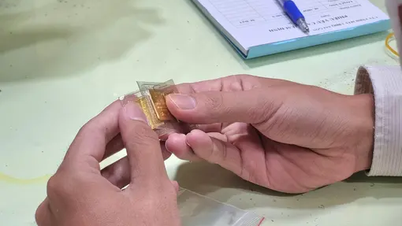









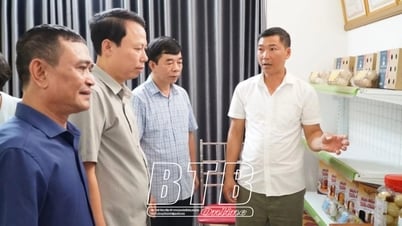




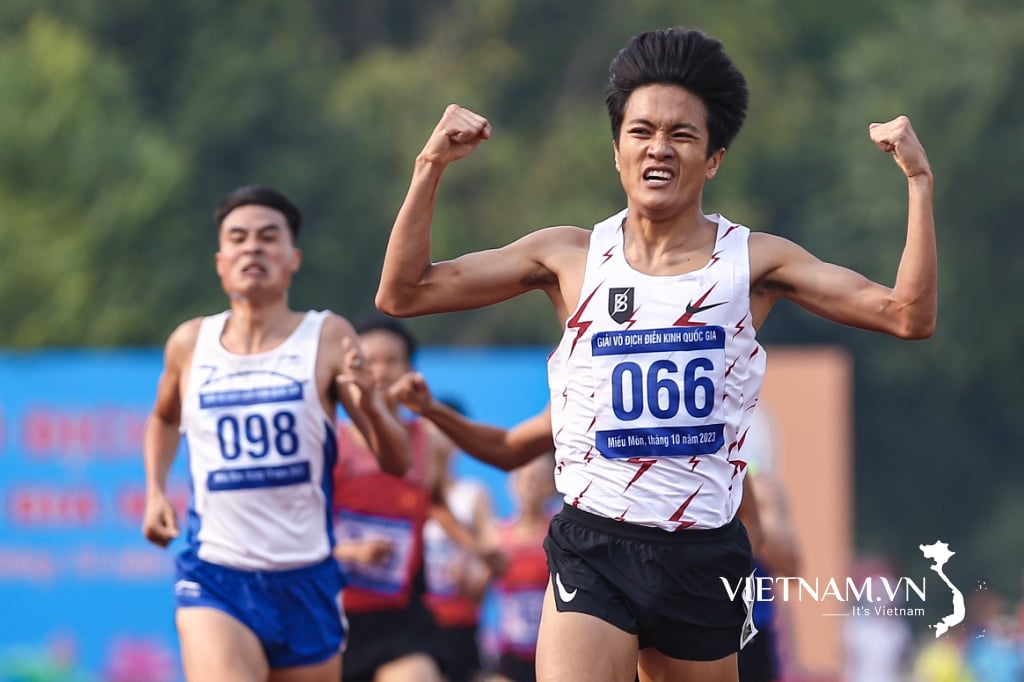

Comment (0)